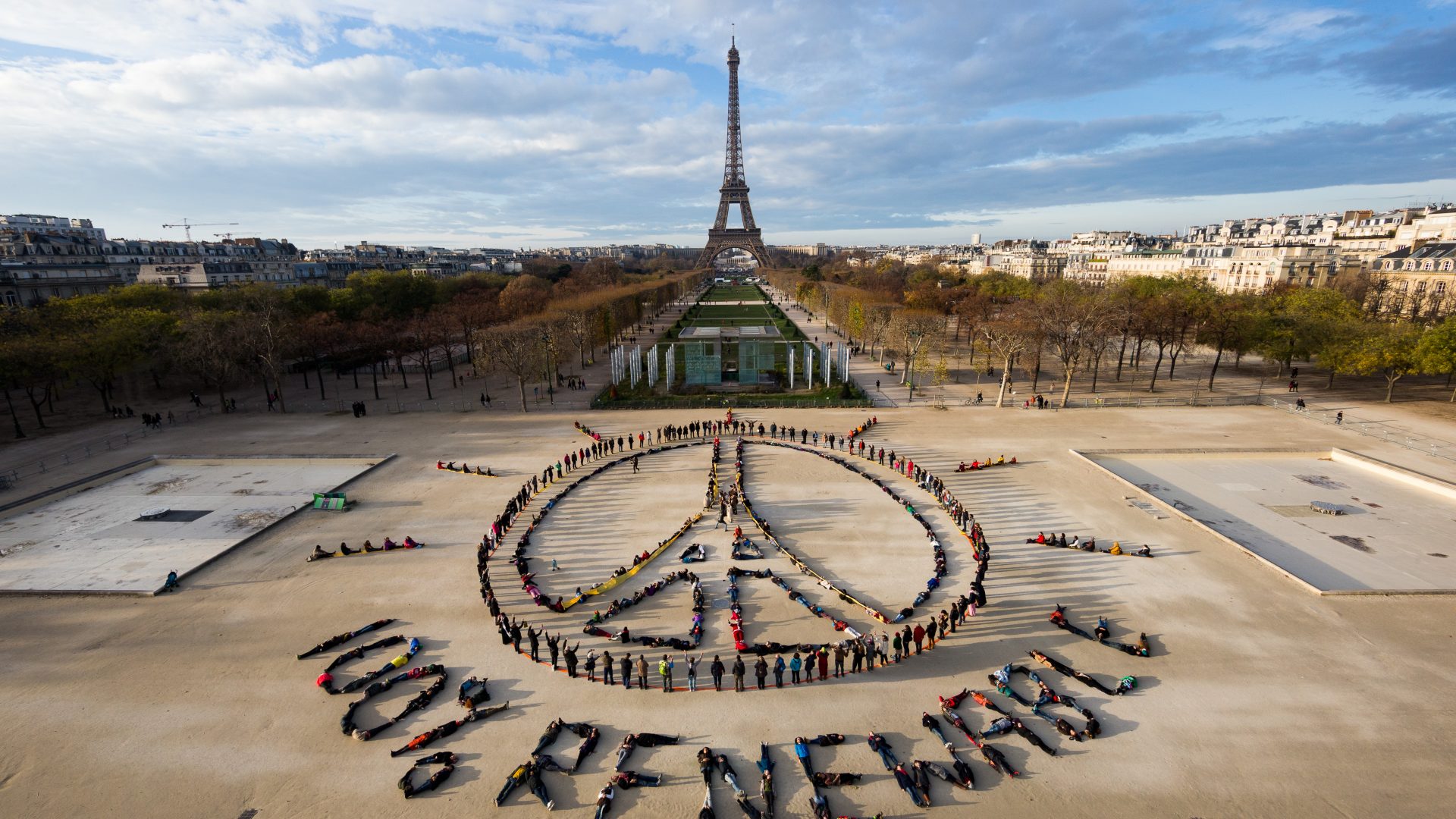
Toppling the Pillars
The World Bank’s pledge to end all upstream investment in the oil and gas sector by 2019 topples a key pillar holding up the social license around the fossil fuel industry.
In the wake of the OPEC oil embargo, in Congressional testimony regarding the National Energy Act of 1977, President Carter’s Secretary of Defense Harold Brown, noted that: “[t]here is no more serious threat to the long-term security of the United States and to its allies than that which stems from the growing deficiency of secure and assured energy resources.”
That same year, the World Bank, in which the United States is the largest and most important shareholder, began to invest in oil for the first time. Prior to that, oil industry projects had been primarily seen as commercial, rather than development projects. From 1977 to April 1981 the Bank made 27 loans for oil and gas projects, totaling roughly $1.2 billion.
At this point, with the new Reagan administration just beginning its term, World Bank President Robert McNamara proposed to dramatically increase Bank lending for oil and gas. The rationale for this investment was two-fold:
Developing countries were paying high prices to import oil and gas from OPEC nations, making them unable to service their debt to the World Bank and other lenders, and;
Northern governments wanted to see non-OPEC countries open up their oil and gas fields to reduce OPEC control over oil prices.
Developing countries needed more money (to service Northern debt), and the U.S. and its allies needed more non-OPEC oil. The perfect solution was to increase development “aid” for oil and gas projects. Notably absent from that list was any goal related to development or poverty alleviation for communities or even nations around the rapidly expanding global oil and gas industry.
The idea that investment in oil and gas extraction could now be viewed as development assistance became one of the pillars of neoliberal consensus that has justified hundreds of billions if not trillions of dollars in public support for the oil and gas industry ever since. But if that pillar was removed, and if that subsidy was not part of the business decision to invest in the first place, many if not most of these World Bank-supported projects would not go forward on their own.
Seeing this, generations of community leaders, activists, and their allies have kicked, climbed, and collectively teamed up to try to topple this pillar. At the World Bank Annual Meetings in Prague in 2000, President James Wolfensohn responded to the mounting critiques of World Bank funding for fossil fuels by pledging to independently evaluate the impact of lending for oil, gas, and mining on poverty alleviation. The Extractive Industries Review (EIR) was born.
Over the course of three years of a global, multi-stakeholder process of investigation and examination, the World Bank Group was unable to provide an example of a single instance where an oil project alleviated poverty. Many, many examples were provided of oil projects that exacerbated poverty, attracted violence, and drove communities and nations deeper into debt.
The EIR process itself served as a global organizing device (one of the first to be truly made possible by the internet) for a powerful global civil society coalition of development advocates, environmentalists, indigenous and community leaders, and human rights and corporate power activists who were already calling on the World Bank to “Get your a** out of oil, coal and gas.” Asia-Pacific civil society walked out of their regional consultation. Shouting matches erupted in scripted dinners in Budapest. There was intrigue and indeed some drama.
At the end, in December 2003, Dr. Emil Salim, the “Eminent Person” selected by the Bank to head the EIR, delivered his final report. Among the strong recommendations was the following:
The World Bank Group should phase out investments in oil production by 2008 and devote its scarce resources to investments in renewable energy resource development, emissions reducing projects, clean energy technology, energy efficiency and conservation, and other efforts that de-link energy use from greenhouse gas emissions.
Now, only a decade behind schedule, Dr. Salim’s recommendation will finally be (mostly) followed, as the Bank has pledged to end all upstream investment in the sector by 2019. My colleague Alex Doukas has a full write up of the newest and likely fatal crack in this pillar underlying oil industry social license.
But of course, as you know, this is a struggle. Our opponents are pulling out all the stops to keep this industry, the source of much of their wealth and power, afloat. There is not a new oil subsidy they don’t love, and there is not a regulation or community protection they don’t hate. They use their power in government to prop up the industry, to place profits over concerns about pollution or people, and then they hide behind empty rhetoric about free market competition. The blatant overreach underway now by the industry, the Trump administration, and Republicans should hopefully reveal the nature of this struggle to more audiences.
In 2018, at Oil Change International, we will continue to identify cracks in all the pillars holding up the consensus and the social license around the fossil fuel industry. Stay tuned, it won’t be boring.
